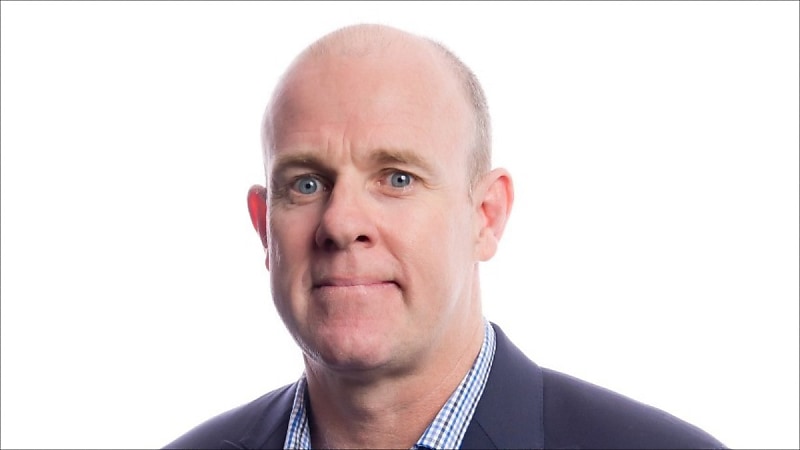Personal deductible contributions must meet work test: specialist

Personal deductible contributions must be made before the age of 67 to avoid the work test, says a technical specialist.
Jason Hurst, technical superannuation adviser for the Knowledge Shop, said personal deductible contributions were historically a strategy favoured by those who were self-employed, but the removal of the “10 per cent test” means it is now a strategy that is open to nearly all superannuation fund members.
Before 1 July 2017, an individual’s employment income needed to be less than 10 per cent of their total assessable income, reportable fringe benefits, and reportable employer super contributions, for them to be eligible to make personal deductible contributions.
“If personal deductible contributions are combined with catch-up concessional contributions there are some big opportunities for people if they are under 67,” Hurst said.
Hurst said there are some less legitimate work arrangements of which members over 67 need to be aware if they use this strategy.
“People need to beware of contrived arrangements. It doesn’t matter if you're working with a family member or a friend, the work arrangement needs to be a legitimate employment arrangement where you are being paid, or as an arm’s length employee,” he said.
Hurst said as well as legitimate employment, if a member over 67 is looking to make a personal deductible contribution, they also need to lodge a Notice of Intent with their fund’s trustee in the regulated time frame so the contributions can be claimed on the individual tax return.
“The NOI is the first step in claiming these deductions, and it is then claimed on the individual return so it can become a concessional contribution,” he said.
“The NOI can be made at any time in the financial year and could technically be before or after the contribution is made, but we generally suggest if the contribution can be made after the work is done it ensures if the work does not eventuate as planned the amount does not remain a non-concessional contribution.”
He added although this may not be a major issue on its own, it could become problematic for a member with a high total super balance where some contributions cannot be claimed as a tax deduction.
The work test for a member to make a personal deductible contribution requires them to work 40 hours over a 30-day period, which can be in a self-employed scenario or any business profession.
However, the ATO will require proof of the arrangement including where the member worked, and evidence they worked the claimed hours, such as payslips.
“If someone is running a business through a company or they are a sole trader, it's still possible to make the work tests but sometimes getting the documentation can be a bit more difficult,” he said.
“However, they may have meeting diaries or evidence of quoting for work that could be used to demonstrate the work test.”
He added the work cannot be a “hobby” that generates only a small income, or charity or volunteer work even if the person is given “rewards” such as a gift voucher.
The work test exemption, a one-off exemption introduced in 2019, may help some people as it does have a total super balance limit of $300,000.
“If someone has met the work tests in the prior financial year and they have a total super balance of under $300,000, they can tick another box to say they made the work test exemption and make a contribution in the following year,” Hurst said.






